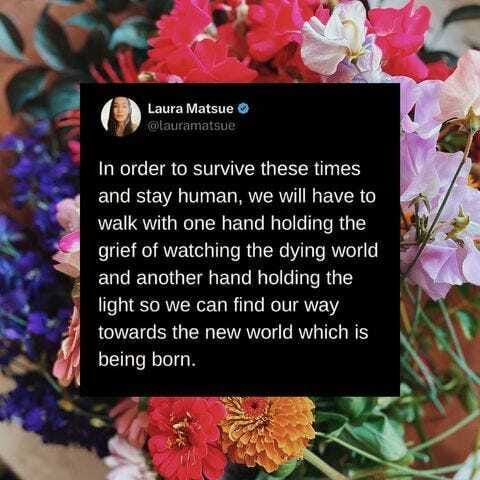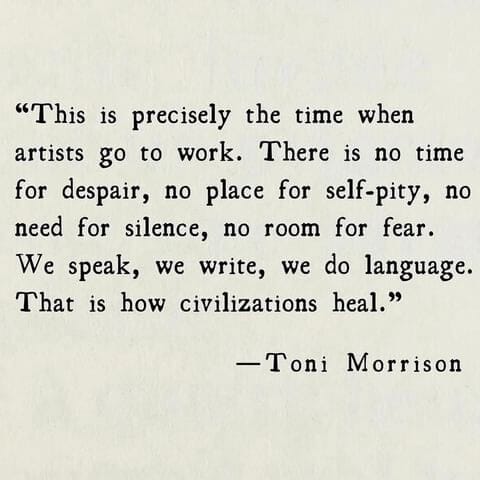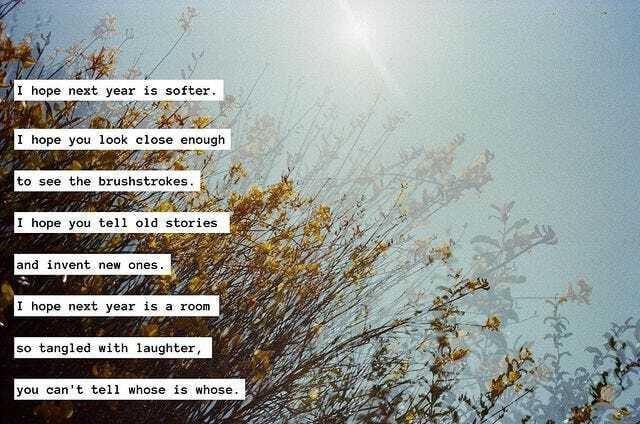- Creativity for Good
- Posts
- what are you carrying?
what are you carrying?
the things that feel heaviest are often what we can best help others bear.
I recently realized that everything I’ve written in the past four years has been about grief.
I’m not just talking about my novel, though that also ended up being more of an exercise in grief exploration than I initially expected. Grief showed up everywhere: in my essays, in my articles, even in my fanfiction (which for my fic in particular, IYKYK, is a weird place for grief to appear!). Everything I wrote was tinged with loss, or longing, or the feeling of learning to walk on unstable ground, unsteady where there used to be surety.
I don’t think I’m alone in this. The pandemic opened the floodgates of grief in so many ways — it was, and continues to be, an immense, ongoing tragedy, not the least because it presented such a lost opportunity for massive shifts in our institutions and systems. Probably predictably, capitalism won out over community, and instead of investment in social safety nets and communal care, we’ve seen…well. Everything we’ve seen.
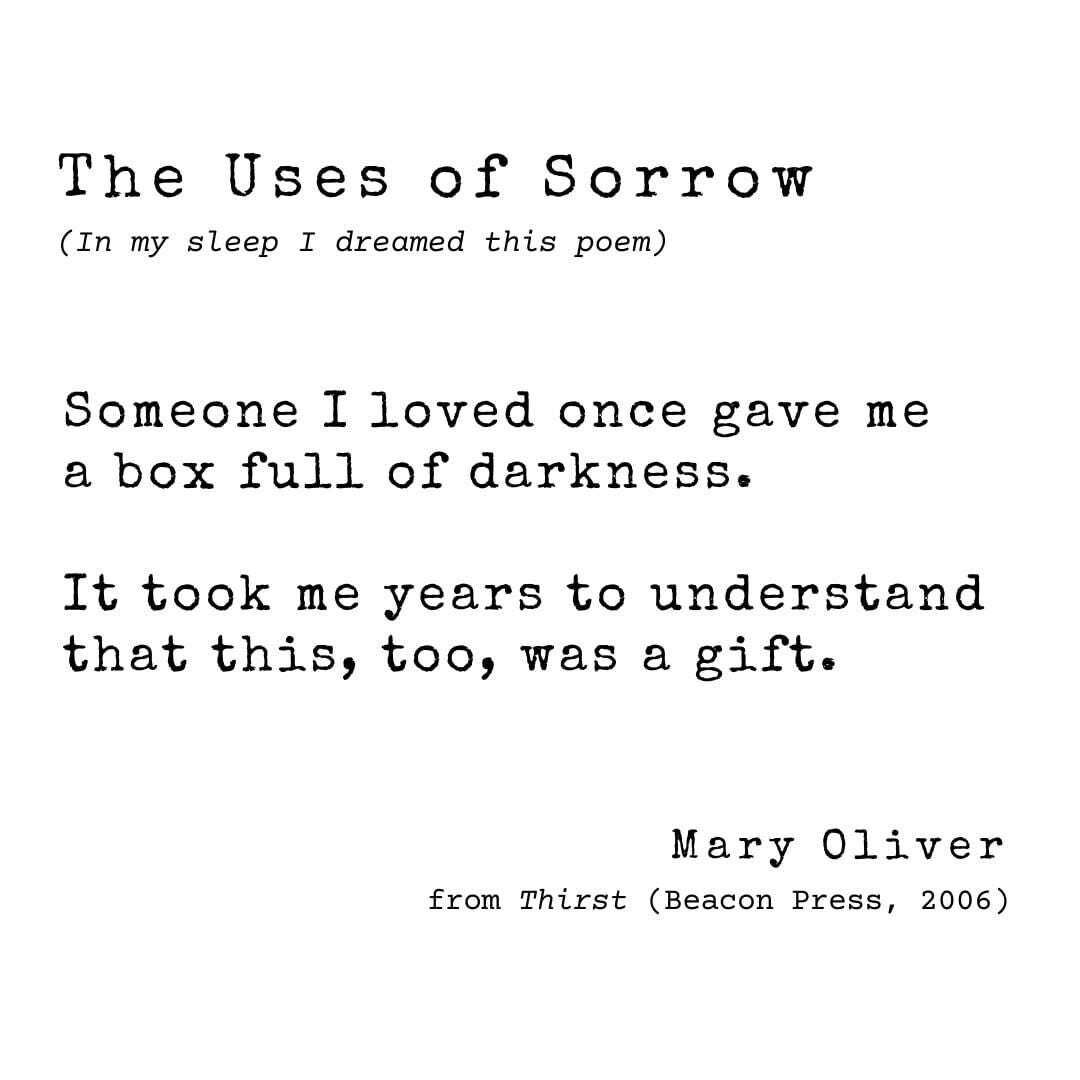
And then, the breaking of the dam: climate grief, and grief over the loss of the dream of reproductive justice, and grief over the ever-present violence of the police and military industrial complexes, and grief about the theft of our time and our connections and our sense of safety, even if it was only ever imagined. Back in May, , whose writing and immense compassion I admire endlessly, wrote about the little everyday griefs that compound and compound:
I’m feeling a lot of grief. About the ways we’ve failed to care for one another, about the ways we harm and kill each other, about the deadlines I’m missing and the emails I’m not responding to and the people I’m letting down and the limits of my capacity and skill. I’m feeling grief about saying No to things and grief about the things I need to say Yes to, because they’re things that shouldn’t require asking our communities for…We’ve all lost time and people and identities and faith in the systems whirring away beneath us, above us, all around us.
So. All this to say, as I’m trying (and frequently failing) to keep house while drowning, to understand what it means to mourn a safety that never existed, to watch tragedy after tragedy unfold in real time on the little square of anxiety that never seems to leave my hand—I’m writing a lot about grief.
And I’m seeking art about grief. The more therapy I do, the more I understand the weight of the personal and communal grief that lives in my heart and my bones and my cells, the more I crave the creative expressions of other people’s grief: their poetry, their art, their music, their words, the myriad ways grief blooms into creation. It’s a yearning for the kind of connection that happens when you see your own heart reflected back at you, the sense of oh, oh, it’s you, too.
Of all the comments and feedback I get on my own work, the variable expressions of I feel seen are some of the most powerful. I love their range, from the humorous to the heartfelt — not just because I’m a shameless Leo sun that thrives on validation, but because it’s a reminder that the grief that capitalism wants us to feel in isolation can instead be a tool of connection, of relationship-building, of collective comfort. And this isn’t unique to grief: We crave mirrors of our own experiences of rage, of hurt, of passion, of joy.
When we’re overflowing with emotion, any emotion, we can turn inward, reflecting on our own experiences, or outward, to reach for the experiences of others. As creatives, we often do both, looking towards the existing conversation, and adding our own voices.
Whatever metaphor you want to use — a tapestry, a choir, a symphony — the point is the same. No creative work stands in isolation. We’re talking to each other, talking over each other — not in the way of angry pundits on the news, but in the way of friends catching up over coffee, the starts of one sentence stumbling over the ends of others, overlapping in a messy venn diagram of shared experience and humanity. The emotions we feel most intensely, the burdens that weigh on us most heavily, the experiences that feel most isolating, these are the things that we are most uniquely equipped to give to the world. To turn into something. Not necessarily something beautiful, or even something we’re proud of — but something that we can share.
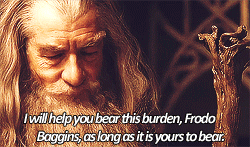
questions on creating for good
What are you carrying?
What feels heaviest for you right now? Where does it show up for you — in your body, in your heart, in your thoughts?
What are you craving?
Where are you seeking a mirror of your own experiences? What does it feel like to find yourself reflected in someone else’s creation?
How will you turn it into art?
What forms of creation bring you a sense of relief? Of unburdening? What does it feel like to take what feels heaviest and make it into something new?
updates from shelly
Some good news on the book front: After many trips to and from the drawing board, my cover reveal is going up on LGBTQ Reads tomorrow, February 20 — aka, six months from release day! 😱😱😱 It is both EXTREMELY EXCITING and also kind of terrifying! But I’m very obsessed with it and I hope you like it, too. 🥰
resources, links, and further reading
spotlight on: grief work
read:
“elegies of sorrow and the crow: how to process grief and loss through storytelling” (caroline hardaker for literary hub)
“all the things i want” ( at )
listen: “practices for care and endurance” (hala alyan on the “how to survive the end of the world” podcast)
donate: UNRWA
